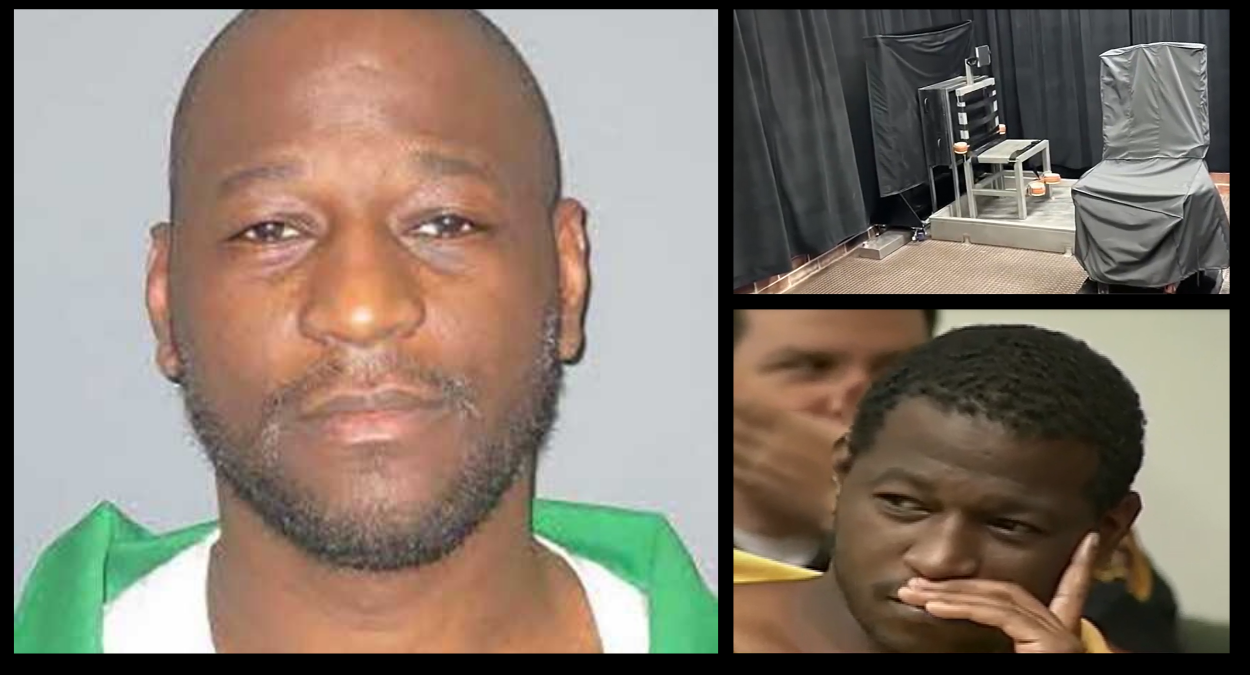Freddie Eugene Owens, a South Carolina death row inmate, was executed by lethal injection on September 20, 2024, marking the state’s first execution in 13 years. He was sentenced to death for killing a lady in 1999 during their armed robbery.
Owen killed whom?
41-year old, Irene Graves mother of three was working an overnight shift at a convenience store in 1999. Owen and his friend raided the store and during the looting, they killed the lady.
He was sentenced to death in 1999 for the murder of a convenience store clerk, Irene Graves, during a robbery in Greenville, South Carolina, when he was just 19 years old.
Where was Owen executed? What drug is used in lethal injection?
Owens was executed by lethal injection at the Broad River Correctional Institution. He was pronounced dead at 6:55 PM ET, approximately ten minutes after receiving a single dose of the sedative pentobarbital.
Is the lethal injection the only option for capital punishment?
The court documents show that his attorney was given three options for that matter which were Lethal injection, firing squad, and electric chair but his attorney chose lethal injection.
Controversy Surrounding the Case
In the days leading up to his execution, significant controversy arose when a key witness from Owens’ trial recanted his testimony, claiming he had lied during the proceedings. This revelation sparked a last-minute push for clemency, as advocates argued that the integrity of the trial was compromised. Despite these developments, the execution proceeded as scheduled.
Did Owen appeal against the execution?
Owen’s attorneys filed an appeal before the Supreme Court for a stay of execution hours before his execution with the Supreme Court of the United States on Friday, but the court denied the request to stay the execution.
The Supreme Court declined to stop his execution and Gov. Henry McMaster chose not to grant Owens the requested clemency.
They were seeking a respite by challenging the conduct that the due process was not followed in the decision to use lethal injection. They said they were denied the basic information about the lethal injection drug and the qualification of the injection team was not communicated to them but all this was of no use and the injection process was carried out.
Conclusion
Freddie Owens’ case highlights ongoing debates about the death penalty, particularly regarding the reliability of witness testimonies and the potential for wrongful convictions. His execution has reignited discussions about the ethics and effectiveness of capital punishment in the United States.
Some facts about the death penalty in the United States:
1. Legal Status: The death penalty is legal in 27 U.S. states, while 23 states and the District of Columbia have abolished it. The federal government also retains the right to impose the death penalty.
2. Methods of Execution: Lethal injection is the most common method, but other methods like electrocution, gas chamber, firing squad, and hanging are still legal in some states as backup options.
3. Federal Executions: Federal executions resumed in 2020 after a 17-year hiatus. During the Trump administration, 13 federal inmates were executed between July 2020 and January 2021.
4. Exonerations: Since 1973, over 190 people have been exonerated from death row in the U.S., often due to DNA evidence or other post-conviction investigations.
5. Public Opinion: Public support for the death penalty has declined. According to Pew Research (2021), about 60% of Americans support it, down from around 80% in the 1990s.
6. Juveniles: The U.S. Supreme Court ruled in Roper v. Simmons (2005) that it is unconstitutional to execute individuals for crimes committed when they are under the age of 18.
7. Mentally Disabled and Insane: The Supreme Court banned the execution of intellectually disabled individuals in Atkins v. Virginia (2002) and those deemed insane in Ford v. Wainwright (1986).
8. Declining Use: The number of death sentences and executions has steadily declined in recent years. In 2021, there were 18 executions and 18 new death sentences in the U.S., a significant decrease from earlier decades.
The death penalty remains one of the most contentious issues not only in the U.S but the whole world, with ongoing debates over its morality, effectiveness, and fairness. According to some unverified sources approximately 53 countries have retained capital punishment.
